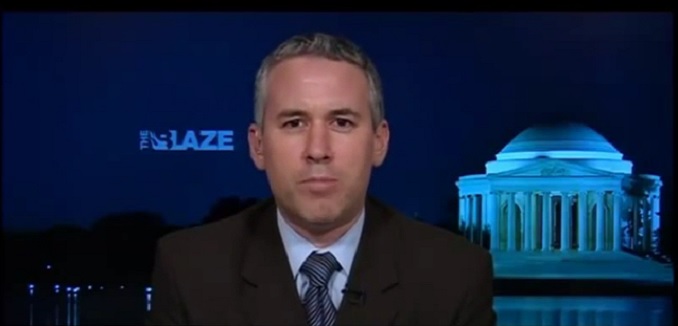Turkey is preparing to exploit the reduction in Iran’s financial and diplomatic isolation, threatening to undermine Obama administration assertions that the relief granted to the Islamic republic under the recently announced Joint Plan of Action is “limited, temporary, targeted, and reversible.” Jonathan Schanzer, vice president for research at the Foundation for Defense of Democracies (FDD), documented last week in Reuters how Ankara is gearing up to substantially pursue diplomatic and economic cooperation with Tehran, following years in which Turkish trade helped to float the sanctions-besieged Iranian economy.
Ankara has already stated its intention to increase oil imports from Iran by 30 percent (which could be sanctionable under U.S. law). Practically speaking, this means that Turkey plans to increase its oil imports from Iran to 130,000-140,000 barrels per day (bpd), from roughly 105,000 bpd, Turkish Energy Minister Taner Yıldız said recently on television. This is still sharply below the pre-sanctions levels, to which an energy-hungry Turkey would love to return to at some point.
In addition, all Turkish banks may soon be able to carry out transactions with Iran, according to Zafeg Caglayan, Turkey’s minister of the economy. Among other things, the uptick in Turkish-Iranian trade could even help Turkey bring down its current deficit.
Iranian ambassador to Turkey Alireza Bikdeli earlier this week suggested that trade between Iran and Turkey amounted to almost $22 billion in 2012. The upshot in the current context, according to Schanzer, is that the White House may have substantially low-balled the value of the sanctions relief that Iran is entitled to under the Geneva terms. Schanzer’s assessment comes amid reports that American officials have admitted to their Israeli counterparts that the administration had indeed low-balled the total amount, estimating $6 to $7 billion dollars instead of the actual value of $20 billion. The latter estimate had been offered on the eve of the Geneva announcement by among others FDD executive director Mark Dubowitz. Administration officials and administration-linked analysts at the time ridiculed the estimate as uninformed and based on incomplete information.




